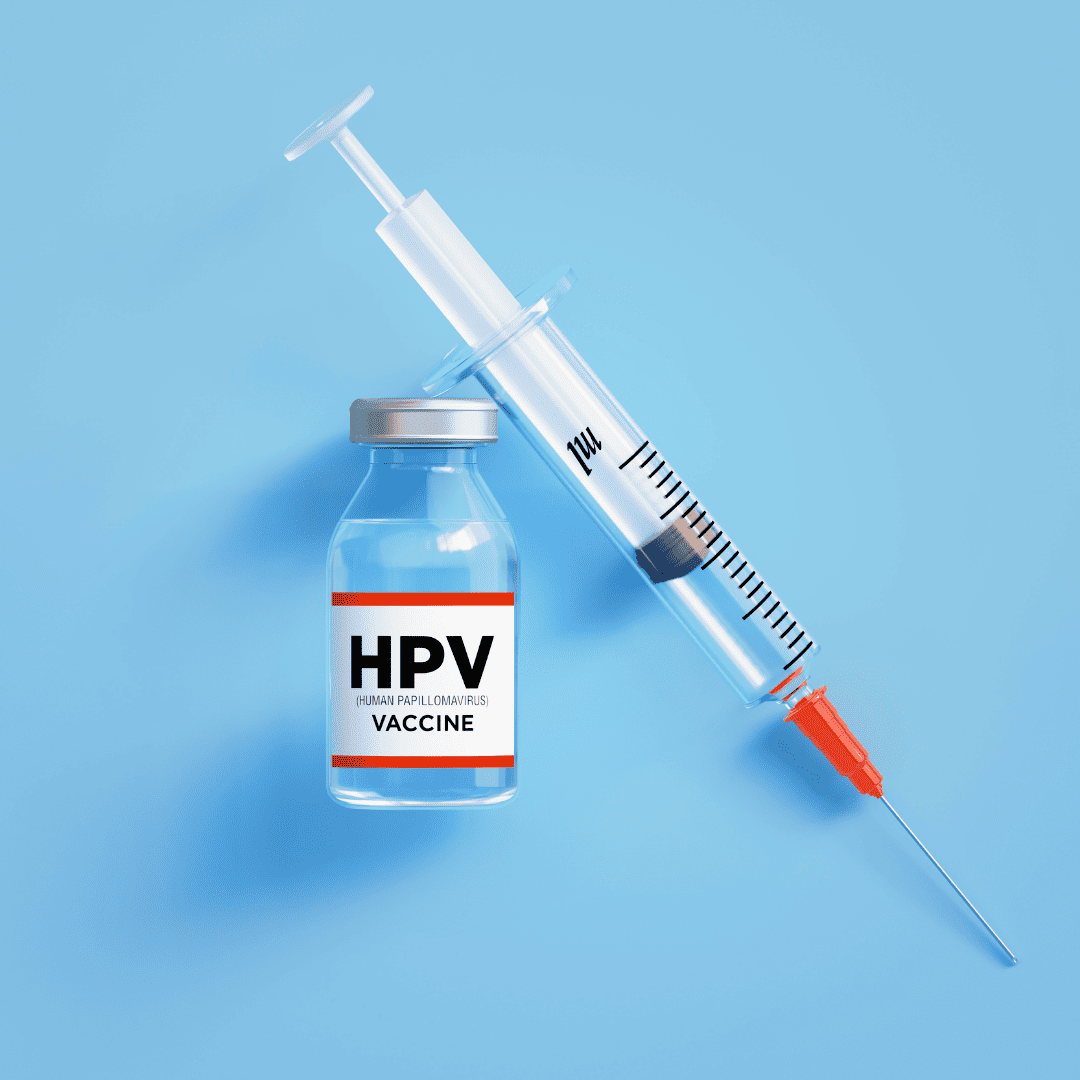WHY A VEGAN DIET DOESN’T MAKE LONG-TERM HEALTH SENSE
If you saw last week, Jess (a former vegan) gave us great information on how/why a vegan diet can be challenging when trying to heal the gut.
Now I know this is “controversial” and isn’t what some of you want to hear (or read) but I’m still gonna say it! Just because it is a difficult subject doesn’t mean it shouldn’t be discussed!!
There are a number of reasons I suggest to avoid eating a vegan (or whole foods plant-based) diet.
So just what is it about this diet that I find most challenging or least helpful to someone working on healing their body?
The Bottom Line
For me it’s simple: if we lived in nature with no supermarket or supplement store and ate fully plant-based we would eventually develop such detrimental, life-threatening nutrient deficiencies – especially in Vitamin B12, Iron, Vitamin D3 and Vitamin K2 – that we would eventually die. Yes, die! How can we be designed to eat this way if we would die in nature? Years and years ago, when I began to understand this basic, common sense piece of information I no longer entertained it as a viable dietary option for my clients. It cannot sustain a human life!
Here are my other concerns:
Too Much Soy
Fortunately, many vegans have given up soy products which is awesome. To be blunt, soy is a super inflammatory food. It’s disruptive to both the endocrine (hormone) system and the gut. It is relatively high in estrogen making it a dangerous food additive to many people – especially those with hormone-related health issues – like breast and prostate cancer.
High in Lectins
Lectins are a family of proteins found in beans, legumes and grain that bind to carbohydrates forming glycoproteins (which can have some good benefits). But lectins are quite difficult to digest and also contribute to gut wall damage leading to leaky gut. Leaky gut allows improper activation of the immune and nervous systems – leading to all sorts of issues such as autoimmune disease, food and environmental allergies, brain dysfunction, etc.
Lectins are also considered “anti-nutrients” that prevent proper absorption of minerals and vitamins into the body leading to additional deficiencies.
High in Phytic acid
Phytic Acid is also an “anti-nutrient” found in the skin of beans, legumes, nuts, potatoes, etc. Phytic acid “locks up” minerals for the growing plant (“prey”) and doesn’t release them for the consumer (“predator”). Yet again preventing proper absorption of nutrients into the body leading to deficiencies.
High Grain Intake
Grains often make up a large part of the dietary intake of those on a vegan diet. They act as fillers added to meals to fill up a plate. Most of these are whole grains also which means we have both a bran and endosperm component (e.g. brown rice – bran is the brown coating/hull and the endosperm would be the “white rice” or starchy part). The bran is full of phytic acid and the endosperm is pure starch. In my 17 years of practice I have diagnosed far more vegans as diabetic and anemic than I have of someone eating a comparable “healthy” diet with much less grain and with the addition of animal protein. Why? Grains are a starch. Starch is a chain of glucose (sugar) molecules. High grain consumption leads to a higher sugar load potentially leading to the development of diabetes.
High Processed Food Intake
Many plant-based eaters choose foods that mimic meat – like “fakin’ bacon”, burgers, chicken, etc. Have you ever read the ingredients of many of these? There are some brands that are HIGHLY genetically modified and have a horrible list of ingredients and will cause just as much inflammation as fast food! This is not health food just because it is “meatless”!
Low Protein Intake
There is poor muscle building/repair capabilities on vegan plant proteins – it’s simply not enough protein. High quality animal protein (wild-caught, grass-fed, pastured) has been shown to be incredibly well-tolerated by the gut, anti-inflammatory and possess the ability to much more significantly develop lean muscle mass.
Poor Vitamin Content
As I mentioned above – I cannot get past the fact that plants CANNOT provide us with ample vitamins D3, K2, B12 and iron. We NEED these nutrients to survive. Sure, you can supplement them in your diet or eat “fortified” foods but these nutrients only come in adequate amounts in animal products. We’ve all heard about the “veggie food replacements” to get these nutrients – but the fact is they are either the improper version of the Vitamin (like D2 instead of D3 or K1 instead of K2) or just not absorbable therefore continued supplementation is essential on a vegan diet.
Research
As I ALWAYS state – DO YOUR OWN RESEARCH! But read opposing views! What makes sense? What doesn’t make sense? And I mean common sense! Take the emotions out of it and think logically. Studies that have shown meat consumption as causing higher disease rates have NEVER looked at high quality meat (grass-fed, pastured, etc). And many of those studies did not require removal of obvious other factors from the diet and lifestyle – like sugar, smoking, etc.
Get to know the basics of how the human body works. You don’t have to be a Naturopathic Physician to better understand basic Human Anatomy, Physiology and Biochemistry. When you know this it makes things much more clear!!

